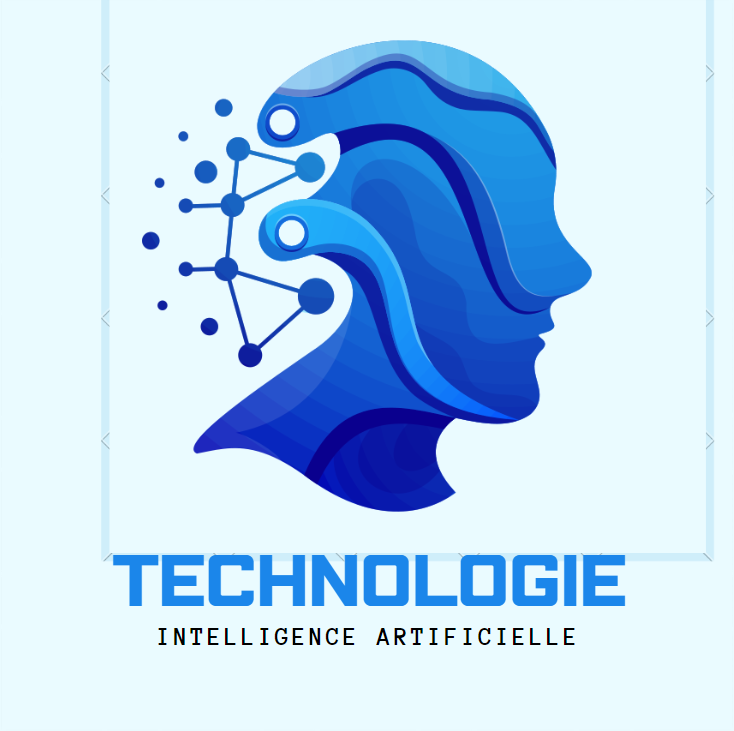Introduction to applications of artificial intelligence in education
The integration of artificial intelligence (AI) in the field of education opens up exciting and revolutionary new perspectives. As technological advances continue to redefine our world, education is not left behind. AI offers immense potential to improve learning processes, personalize teaching and maximize student outcomes.
 |
| applications of artificial intelligence in education |
As AI systems become more sophisticated, they can adapt to individual learner needs, provide instant feedback, and create more interactive and engaging educational experiences. In this introduction, we'll explore the many ways artificial intelligence is revolutionizing education, highlighting its innovative applications and implications for the future of learning.
what is AI in education?
AI in education refers to the integration of artificial intelligence technologies and techniques into educational settings to enhance teaching and learning experiences. This includes the use of AI algorithms, machine learning natural language processing, and other AI-powered tools to personalize learning, automate administrative tasks, provide intelligent tutoring, assess student performance, and facilitate data-driven decision-making in education. AI in education aims to create more adaptive, efficient, and effective learning environments by harnessing the power of technology to meet the diverse needs of students and educators alike.
Can artificiel intelligence improve education?
Yes, artificial intelligence (AI) has the potential to significantly improve education in several ways:
- Personalized Learning: AI algorithms can adapt educational content and activities to match the individual learning styles, preferences, and pace of each student, leading to more effective learning outcomes.
- Access to Quality Education: AI-powered educational tools and platforms can provide access to high-quality educational resources and instruction to students in remote or underserved areas where traditional educational infrastructure may be lacking.
- Enhanced Teaching and Learning: AI-powered tutoring systems can provide personalized feedback, assistance, and guidance to students, augmenting the role of educators and facilitating more interactive and engaging learning experiences.
- Administrative Efficiency: AI can automate administrative tasks such as grading, scheduling, and data management, allowing educators to focus more time and energy on teaching and supporting students.
- Data-Driven Decision-Making: AI analytics can analyze large volumes of student data to identify patterns, trends, and insights that can inform instructional strategies, identify areas for improvement, and support evidence-based decision-making in education.
Overall, by leveraging the capabilities of artificial intelligence, education can become more adaptive, inclusive, and effective, ultimately improving learning outcomes for students of all backgrounds and abilities.
5 Main applications of artificiel intellignce in education
The five main applications of artificial intelligence in education are:
- Personalized Learning: AI algorithms tailor educational content and activities to suit the individual learning needs, preferences, and pace of each student.
- Intelligent Tutoring Systems: AI-powered tutoring systems provide personalized guidance, feedback, and assistance to students, mimicking the role of a human tutor but with the scalability and accessibility of technology.
- Automated Grading and Assessment: AI can automate the grading and assessment process for assignments, quizzes, and exams, saving educators time and providing students with immediate feedback.
- Learning Analytics: AI tools analyze large volumes of student data to identify patterns, trends, and insights that can inform instructional strategies, identify at-risk students, and improve learning outcomes.
- Virtual Classrooms and Learning Environments: AI technologies enable the creation of virtual classrooms, interactive simulations, and immersive learning experiences that engage students in collaborative and experiential learning activities.
التسميات
Artificial Intelligence
